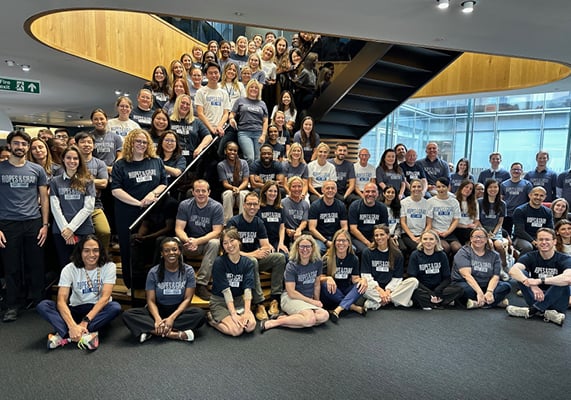News & Events
Innovative work by some of the world’s most accomplished and respected attorneys has earned Ropes & Gray impressive recognition and a highly visible presence worldwide.
Featured News & Events
Recent News
In The News
S&P Global Quotes Matt Roose on Rise of Out of Court Solutions and 2026 Distress
January 08, 2026Upcoming Events
Stay Up To Date with Ropes & Gray
Subscribe to Our Podcast
Ropes & Gray attorneys provide timely analysis on legal developments, court decisions and changes in legislation and regulations.
Follow Us on Social
Stay in the loop with all things Ropes & Gray, and find out more about our people, culture, initiatives and everything that’s happening.
Join Our Mailing List
We regularly notify our clients and contacts of significant legal developments, news, webinars and teleconferences that affect their industries.



